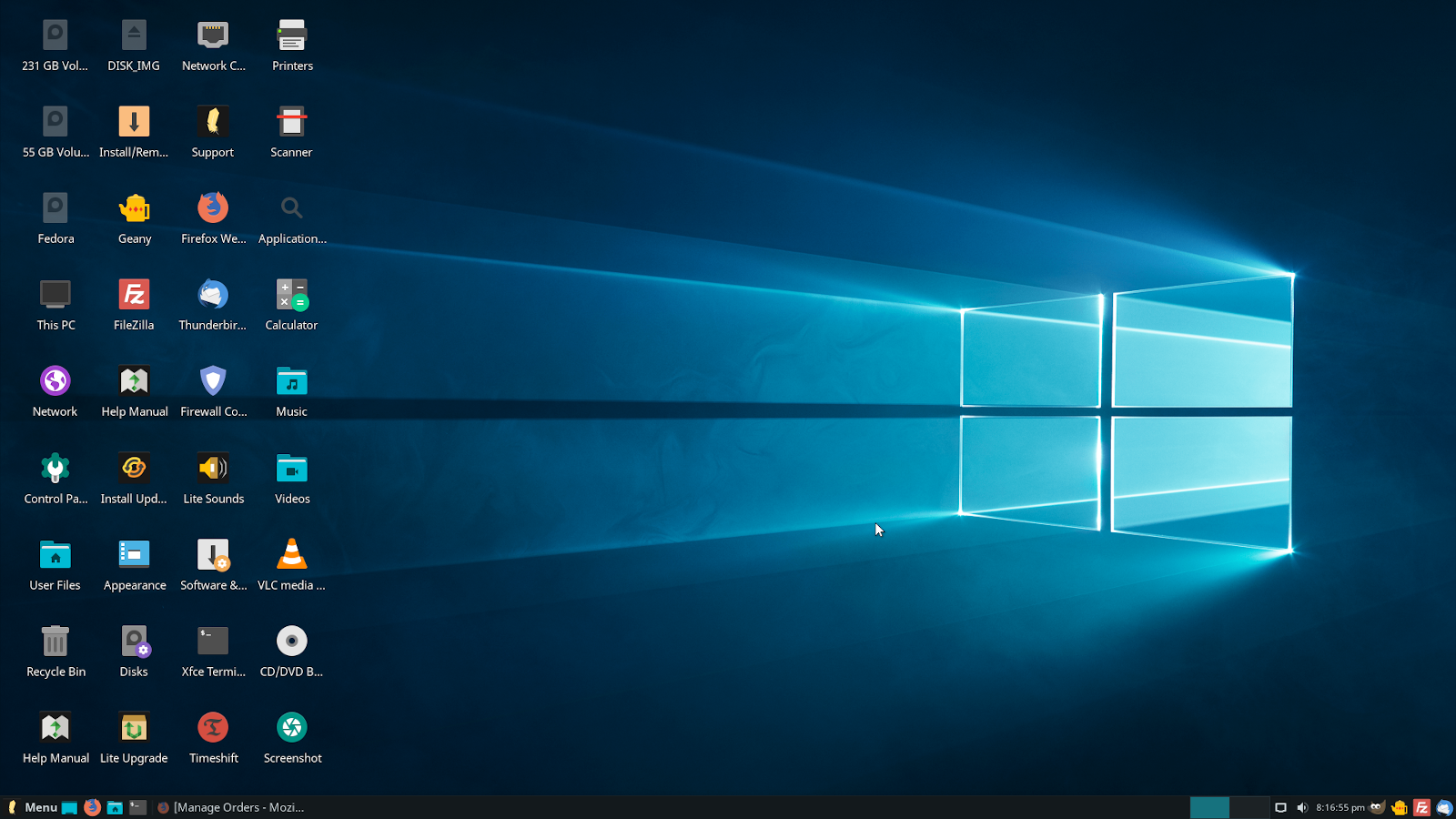

This was, according to Microsoft, an effort to raise the bar for security across the Windows ecosystem by pairing modern security with a modern OS. Windows 11 caught a lot of flak for requiring a Trusted Platform Module (TPM) to be installed on your PC, along with strict CPU requirements. That should mean we see Windows 12 in the fall of 2024, but it’s too soon to say right now. The most we have to go on is a report from Zac Bowden at Windows Central, who says that sources claim Microsoft is switching to a release cadence of three years between major Windows updates. Microsoft hasn’t announced Windows 12’s release date, or that it’s working on the OS at all. Still, it would be nice to have a more definitive timeline for the new OS, where users can know when to expect the upgrade to hit their PC. Microsoft, rightfully, has an insider program that allows registered users to test out new features before they’re rolled out to the general public, and Microsoft will probably take the same approach for Windows 12. I’m not holding my breath on that, though. Microsoft’s switch to a service model for Windows means that updates are rolled out through Windows Update, and it would be great to see the next version of the OS pop up on everyone’s PC simultaneously.

New Windows 11 update adds ChatGPT-powered Bing AI to the taskbarįor Windows 12, I want to see a more confident approach from Microsoft here’s the new operating system, go play around with it. Possible Windows 12 hardware system requirements revealed Windows 11 is ditching this almost 20-year-old classic feature


 0 kommentar(er)
0 kommentar(er)
